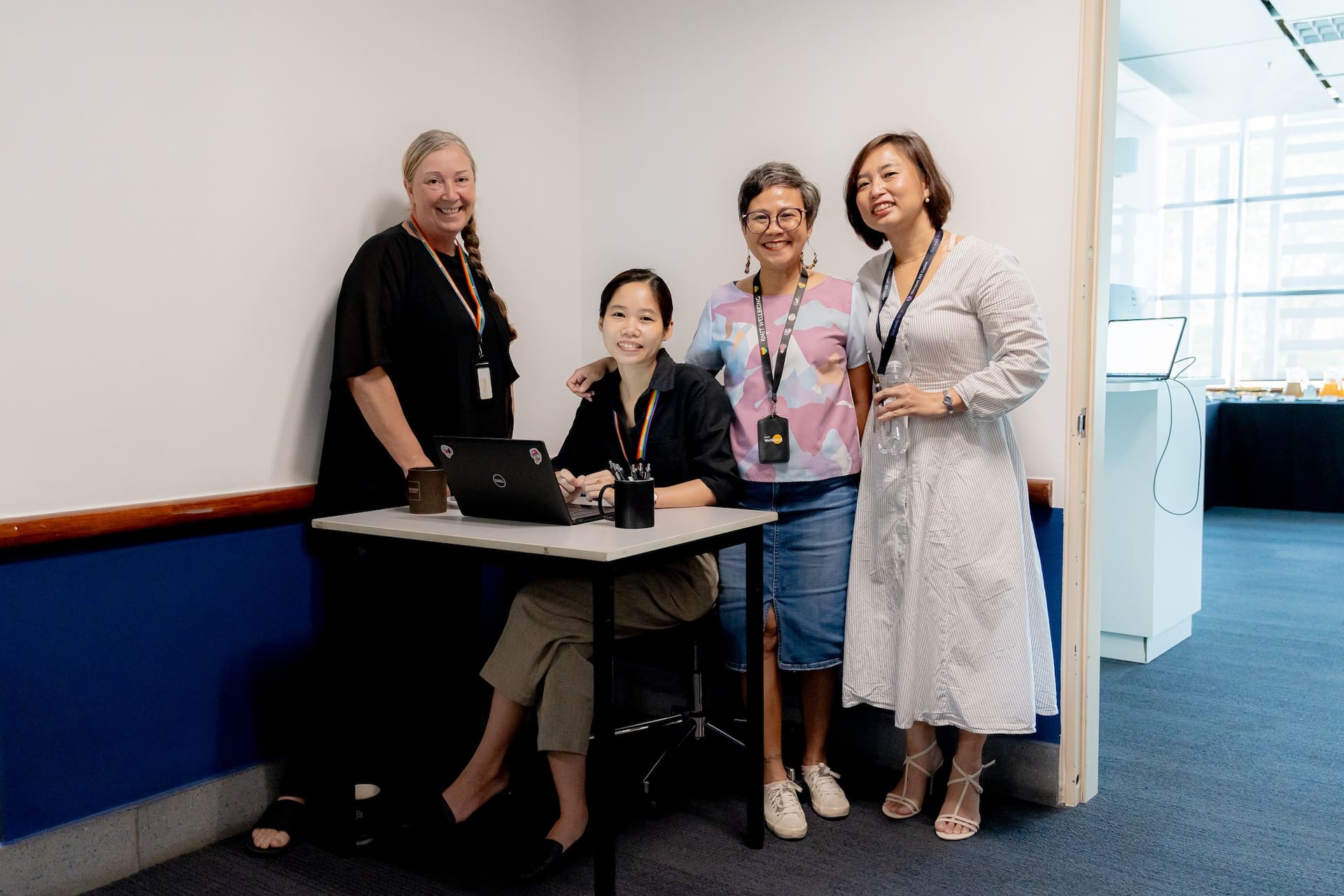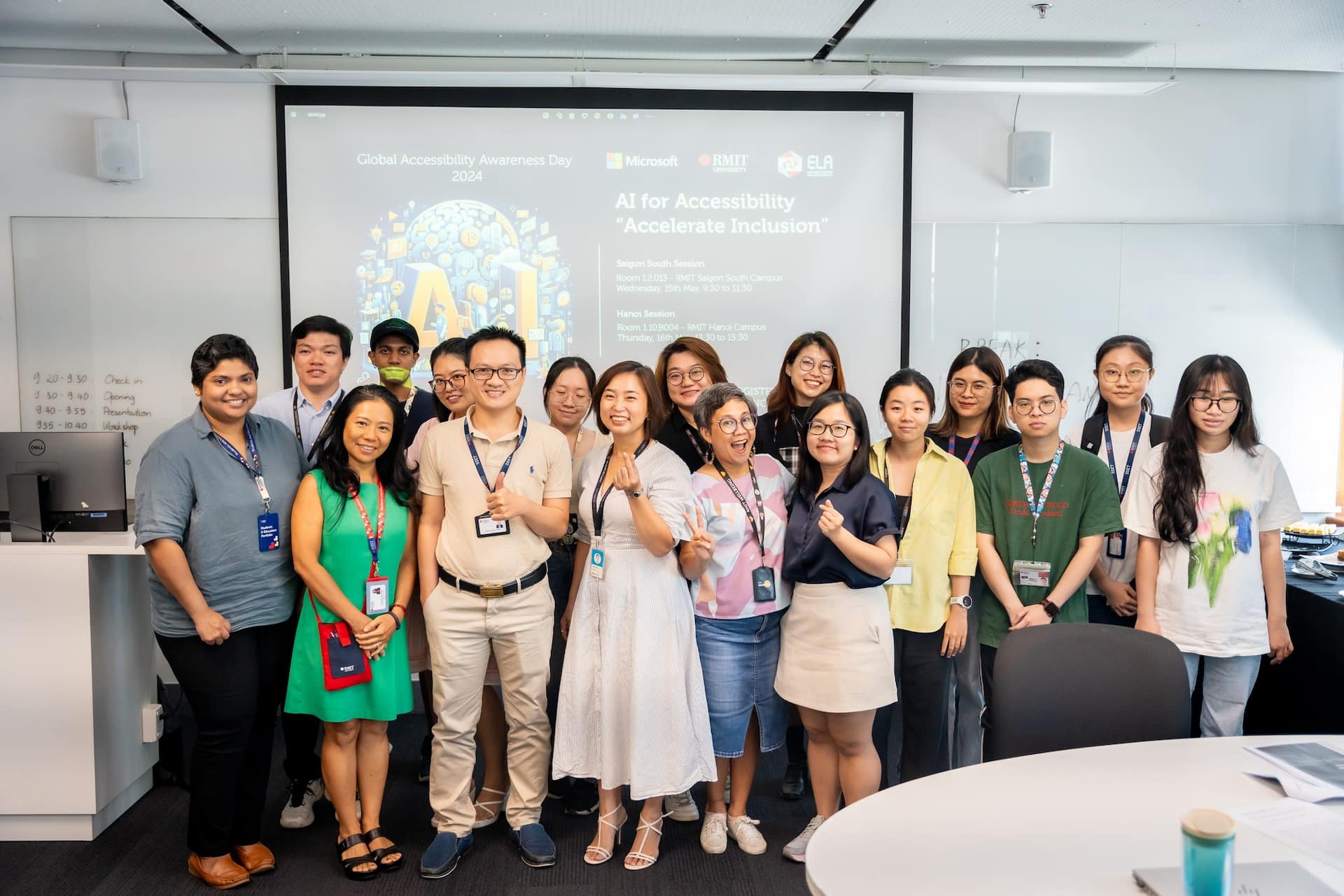Ghibli-style AI art, ethics and culture
As Ghibli-style AI art goes viral, RMIT Vietnam lecturers Dr Soumik Parida and Dr Adhvaidha Kalidasan explore its impact on communication and cultural identity.
Can Vietnam’s tech sector withstand the shockwaves of US tariffs?
Vietnam’s technology sector has grown significantly, often capitalising on trade tensions between the United States and China rather than being adversely affected. But this time it feels different.
Vietnam National Forum on Education Innovation with AI 2025 launched
The Vietnam Ministry of Education and Training and RMIT University Vietnam have partnered to officially launch the “Vietnam National Forum on Education Innovation with AI”.






